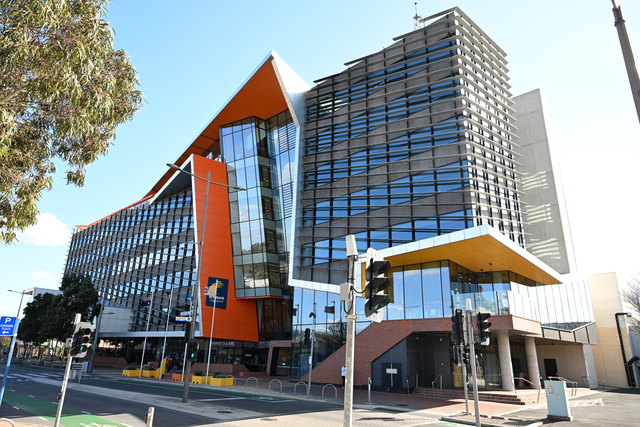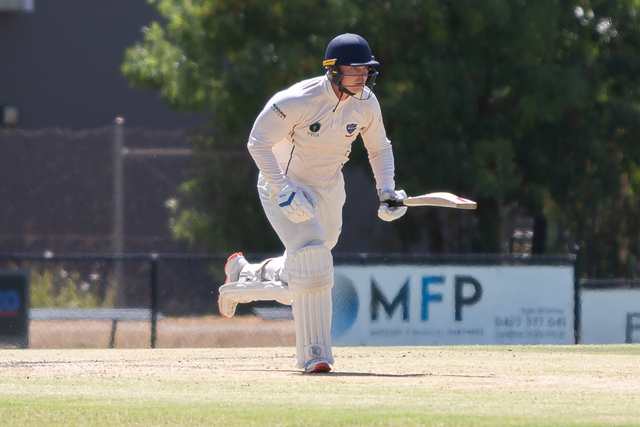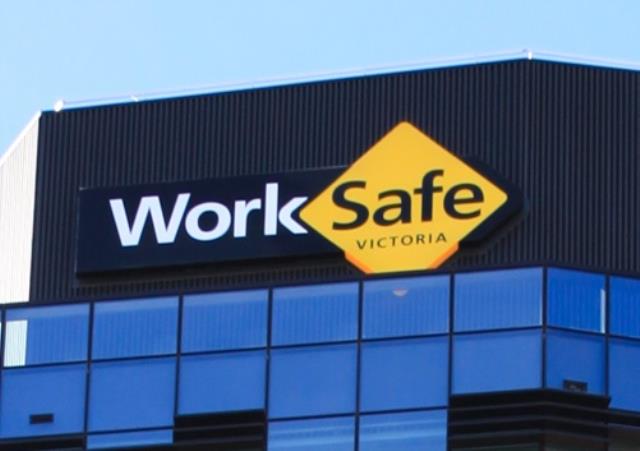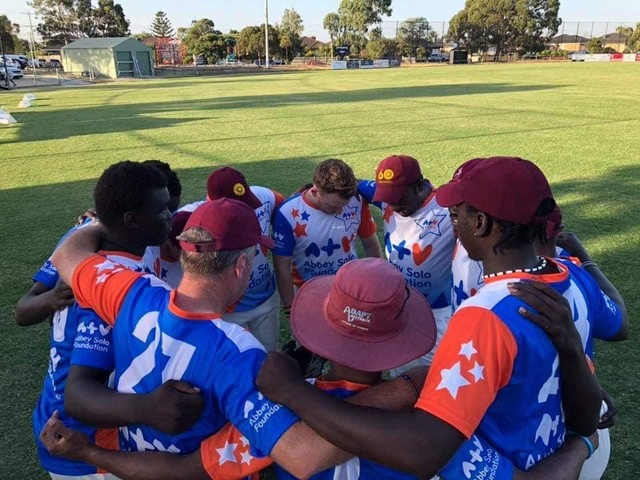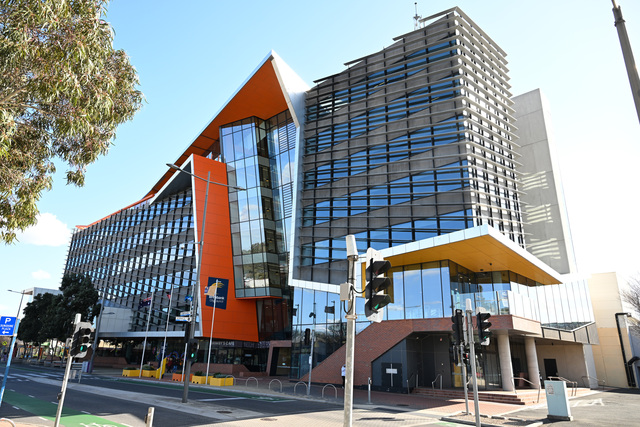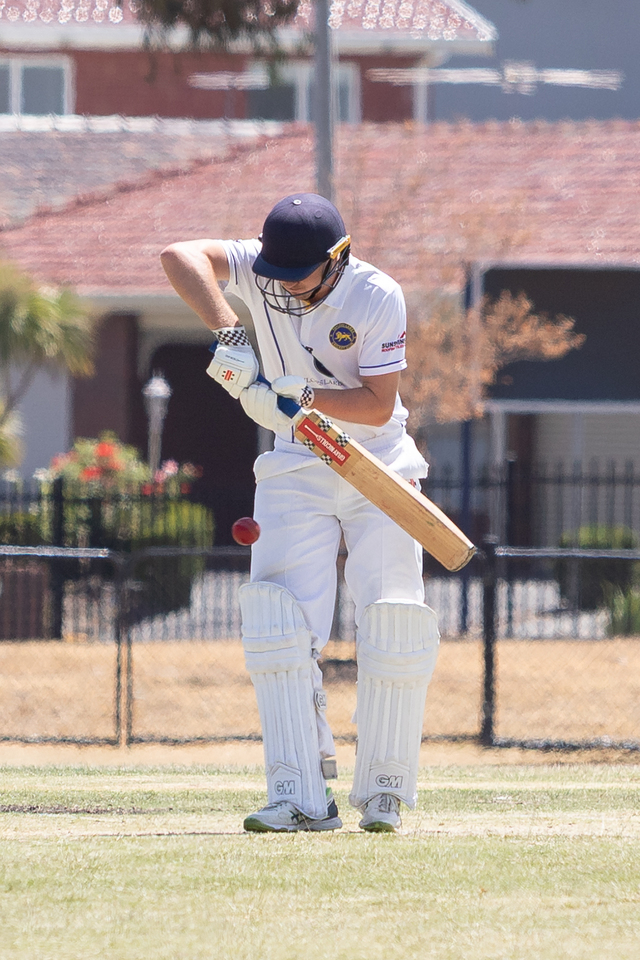An illegal puppy farm in Little River where dogs were kept in squalid conditions continued to operate for almost a year after being reported to authorities.
The puppy farm is believed by animal activists to be one of the state’s longest-running unlicensed breeding facilities, where dozens of dogs have been kept at a time in ‘‘horrific’’ conditions.
The compound, at the back of a semi-rural property, is concealed with corrugated iron fencing and has 22 dog cages and other deteriorating outbuildings. Photos obtained by Fairfax Media show the cement floors covered in excrement, rotting breeding boxes, bowls overflowing with mouldy food and green drinking water.
Despite the farm being reported to the RSPCA and Wyndham Council in August last year, puppies have been advertised online recently by the owner, promoted as being of ‘‘show quality’’, for $800 each.
Melbourne animal rights group Oscar’s Law notified authorities last month after a four-week investigation into the puppy farm, which it said has been running for 15 years. Founder Debra Tranter said up to 50 dogs were rotated through the compound, forced into dirty pens and denied adequate shelter, exercise and veterinary care.
‘‘Everyone was absolutely horrified at the conditions of this place,’’ she said. ‘‘The whelping pens aren’t fitted with heat lamps, the kennels are poorly built with nails and jagged wire sticking out, and food is rotting and covered in maggots.’’
Puppy love? Not on these cement floors covered in excrement, rotting breeding boxes, mouldy food, maggots and green drinking water.
Ms Tranter said the night before the RSPCA and council officers attended the property she rescued a newborn puppy that had fallen through a hole in a whelping box. ‘‘The mother was very distressed and frantic so I put my hand through a crack in the box and felt around for it. It would have died if I hadn’t reached down to get it, it was just awful, horrible.’’
The RSPCA’s Allie Jalbert said vets had identified minor health problems with some dogs, but no violations under animal cruelty laws. But she said the puppy farm ‘‘certainly did not appear to be code compliant’’.
The council initially confirmed the facility was under investigation for operating without permits and for breaching breeding guidelines – which set minimum standards for accommodation, health and nutrition – but on Monday issued a statement saying the property’s owner had ‘‘fully complied’’ with regulations.
On Monday owner Anthony Sammut also said the matter had been settled after he surrendered six dogs to the council and gave away another six. Mr Sammut said he had only 20 dogs and denied selling puppies online, despite his mobile and home phone numbers being listed on advertisements promoting dogs for sale in Sunshine West, where he lives.
‘‘It’s not a puppy farm, there’s no bloody pups at all,’’ he said. Before hanging up during questioning from Fairfax Media, Mr Sammut said: “I’m not doing it any more, that’s it. I don’t need any more pressure.”
Despite repeated questioning, the council would not say how Mr Sammut had complied, whether it would fine or prosecute him for previous breaches or if it had taken action against him in the past. ‘‘Council will continue to monitor the property to ensure ongoing compliance,’’ a spokesman said.
Ms Tranter condemned the council over its handling of the case, saying Mr Sammut had avoided punishment after moving many of the dogs off the property.
‘‘This puppy farmer has moved dogs before to avoid being caught,’’ she said. ‘‘If council had acted 10 months ago when they inspected this property … the terrible conditions these dogs have suffered could have been avoided. Instead, only six have been surrendered. Hiding dogs in order to comply does not negate the fact that this man has acted illegally and council has had knowledge of this for some time and refused to act.’’

